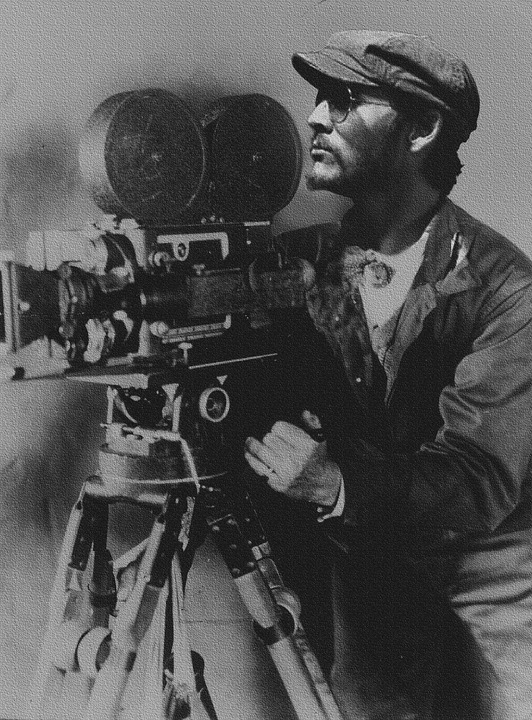Director vs. Producer: Understanding the Key Differences
When it comes to film and television production, two key roles are often at the forefront: the director and the producer. While both play crucial roles in bringing a project to life, they have distinct responsibilities and functions. Understanding the differences between a director and a producer can help clarify their roles and how they work together to create a successful production.
The Director
The director is often seen as the creative force behind a project. Their primary responsibility is to bring the script to life on screen, using their vision and artistic sensibilities to shape the overall look and feel of the production. The director works closely with the actors, cinematographer, and other crew members to ensure that their vision is realized in the final product.
One of the key roles of the director is to interpret the script and communicate their vision to the cast and crew. They are responsible for guiding the performances of the actors, making decisions about the framing and composition of shots, and ensuring that the overall tone and style of the film or television show remain consistent throughout the production.
In essence, the director is the creative leader of the project, responsible for translating the written word into a visual and emotional experience for the audience. They are often seen as the driving force behind the project, using their creative instincts and technical skills to bring the story to life.
The Producer
On the other hand, the producer is often viewed as the business and logistical mind behind a project. While the director focuses on the creative elements of the production, the producer is responsible for overseeing the day-to-day operations and ensuring that the project stays on schedule and on budget.
Producers are involved in every aspect of the production, from the initial development of the script to the final distribution of the finished product. They work closely with the director, casting director, production designer, and other key crew members to ensure that the project runs smoothly and efficiently.
In addition to managing the logistics of the production, producers are also responsible for securing funding for the project. This can involve negotiating distribution deals, securing financing from investors or studios, and managing the overall budget to ensure that the project remains financially viable.
Overall, the producer’s primary role is to bring all the elements of the production together, from the creative vision of the director to the logistical and financial considerations that are necessary to bring the project to fruition.
Collaboration between Director and Producer
While the director and producer have distinct roles and responsibilities, they must work together closely to ensure the success of a project. The director relies on the producer to handle the business and logistical aspects of the production, allowing them to focus on the creative elements of the project. Similarly, the producer relies on the director to bring their vision to life on screen, trusting in their artistic talents and expertise to create a compelling and engaging final product.
Communication is key in the relationship between the director and producer. They must be able to effectively communicate their ideas, concerns, and expectations to one another in order to ensure that the project stays on track and that any issues or challenges are addressed in a timely manner. By working together collaboratively, the director and producer can create a successful and well-executed production that satisfies both the creative and business elements of the project.
Conclusion
In conclusion, while the director and producer each have distinct roles and responsibilities in the production of a film or television show, they must work together closely to ensure the success of the project. The director focuses on the creative elements of the production, using their artistic talents and vision to bring the script to life on screen. The producer, on the other hand, handles the business and logistical aspects of the production, overseeing the day-to-day operations and ensuring that the project stays on schedule and on budget.
By understanding the key differences between a director and a producer, as well as the importance of collaboration between the two roles, filmmakers can create successful and engaging productions that resonate with audiences and stand the test of time. Ultimately, the director and producer are two sides of the same coin, working together to bring a project from conception to completion and ensuring that it is both artistically compelling and financially viable.
